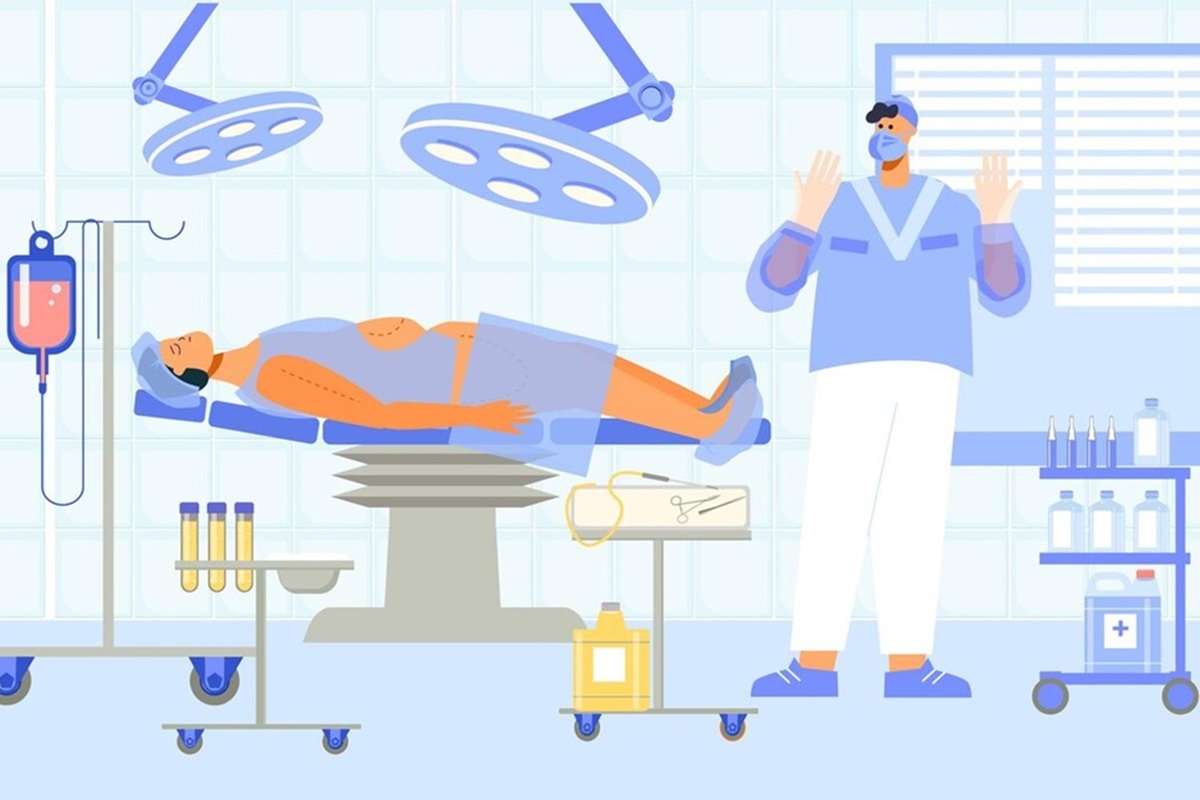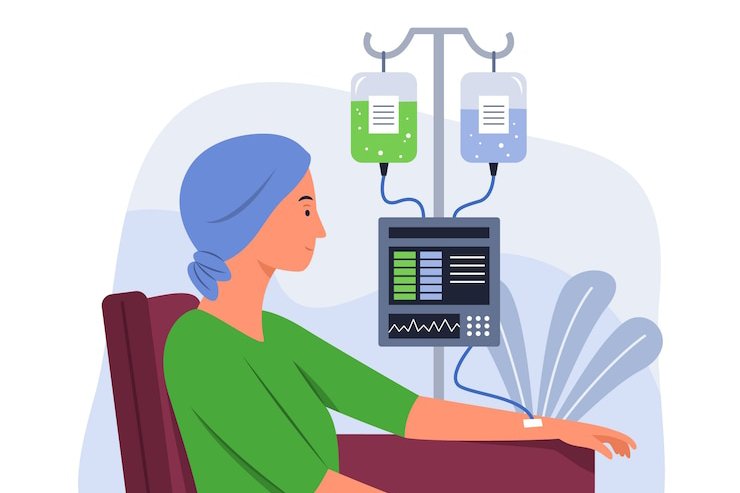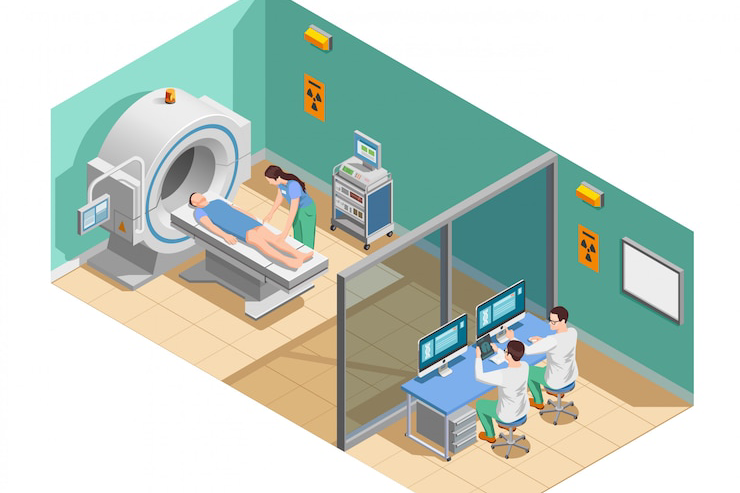
Welcome to ITM Hospital, your trusted healthcare partner in Gwalior, where we prioritize your health and well-being above all else. Today, we are diving deeper into the field of general and laparoscopic surgery, two vital aspects of modern health care that play a vital role in diagnosis, treatment, and recovery.
What is General Surgery?
General surgery is a broad surgical specialty that focuses on treating a wide range of medical conditions through surgical intervention. General surgeons are trained to perform surgeries involving the abdomen, digestive tract, endocrine system, breast, skin, and soft tissues, among others. They play a crucial role in diagnosing, managing, and treating various surgical conditions to improve patient health and well-being.
Common Procedures in General Surgery:
- Appendectomy: Surgical removal of the appendix, usually performed to treat appendicitis, an inflammation of the appendix.
- Cholecystectomy: Removal of the gallbladder, typically done to treat gallstones or gallbladder disease.
- Hernia Repair: Surgical correction of a hernia, a protrusion of an organ or tissue through a weak spot in the abdominal wall.
- Colectomy: Partial or complete removal of the colon (large intestine), often performed to treat conditions such as colorectal cancer, diverticulitis, or inflammatory bowel disease.
- Thyroidectomy: Removal of part or all of the thyroid gland, commonly indicated for thyroid cancer, hyperthyroidism, or large thyroid nodules.
- Breast Surgery: Various surgical procedures to diagnose and treat breast conditions, including lumpectomy (removal of breast lump), mastectomy (removal of the breast), and breast reconstruction.
Benefits of General Surgery:
- Treatment of Serious Conditions: General surgery offers effective treatment for serious medical conditions that cannot be managed through non-surgical means alone.
- Improved Quality of Life: Surgical intervention can alleviate symptoms, improve function, and enhance overall quality of life for patients suffering from surgical conditions.
- Preventive Care: Some general surgery procedures, such as appendectomy or cholecystectomy, are performed as preventive measures to avoid potentially life-threatening complications.
- Minimally Invasive Techniques: Advances in surgical technology have led to the development of minimally invasive techniques, such as laparoscopy, which offer smaller incisions, faster recovery times, and reduced post-operative pain for patients
What is Laparoscopy Surgery?
Laparoscopy, also known as minimally invasive surgery or keyhole surgery, is a surgical technique that allows surgeons to perform procedures through small incisions using specialized instruments and a camera called a laparoscope. This approach offers several advantages over traditional open surgery, including reduced post-operative pain, faster recovery times, and minimal scarring.
Benefits of Laparoscopy Surgery:
- Minimized Discomfort: Laparoscopy surgery typically results in less post-operative pain and discomfort compared to open surgery, thanks to smaller incisions and reduced tissue trauma.
- Speedy Recovery: Patients undergoing laparoscopy surgery often experience shorter hospital stays and quicker recovery times, allowing them to return to their daily activities sooner.
- Cosmetically Appealing: The smaller incisions used in laparoscopic procedures result in minimal scarring, leading to improved cosmetic outcomes and patient satisfaction.
- Lower Risk of Complications: Laparoscopy surgery is associated with a lower risk of complications such as infections and bleeding, contributing to enhanced patient safety and well-being.
Common Laparoscopy Procedures:
- Laparoscopic Cholecystectomy: Removal of the gallbladder, commonly performed to treat gallstones or gallbladder disease.
- Laparoscopic Appendectomy: Surgical removal of the appendix, often indicated for acute appendicitis.
- Laparoscopic Hernia Repair: Correction of hernias (e.g., inguinal, umbilical) using minimally invasive techniques.
- Laparoscopic Hysterectomy: Removal of the uterus, typically performed to address conditions such as fibroids or endometriosis.
- Diagnostic Laparoscopy: Exploration of the abdominal cavity to diagnose and evaluate various medical conditions, providing valuable insights for treatment planning.
Why choose ITM Hospital?
- 1. Expertise: Our team consists of highly skilled and experienced surgeons who are dedicated to providing the highest standard of care.
- 2. Advanced Technology: We leverage the latest advances in medical technology to ensure accurate diagnosis and effective treatment.
- 3. Compassionate Care: At ITM Hospital, we prioritize patient comfort and well-being, providing personalized care and support throughout the treatment journey.
- 4. Comprehensive Services: Apart from general and laparoscopic surgeries, we offer a wide range of medical specialties and services to meet diverse health care needs.
Your health, our priority:
At ITM Hospital, we understand the importance of quality health care in enhancing the quality of life. Whether you need a routine surgical procedure or a more complex intervention, you can count on us to provide compassionate care and optimal results.
Schedule your consultation today:
If you require general or laparoscopic surgery in Gwalior, look no further than ITM Hospital. Contact us today to schedule a consultation with our expert team and take the first step toward a healthier tomorrow.



